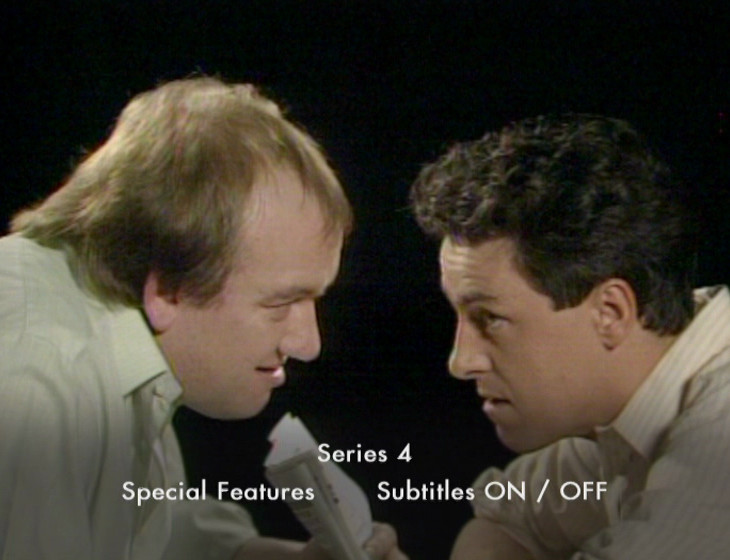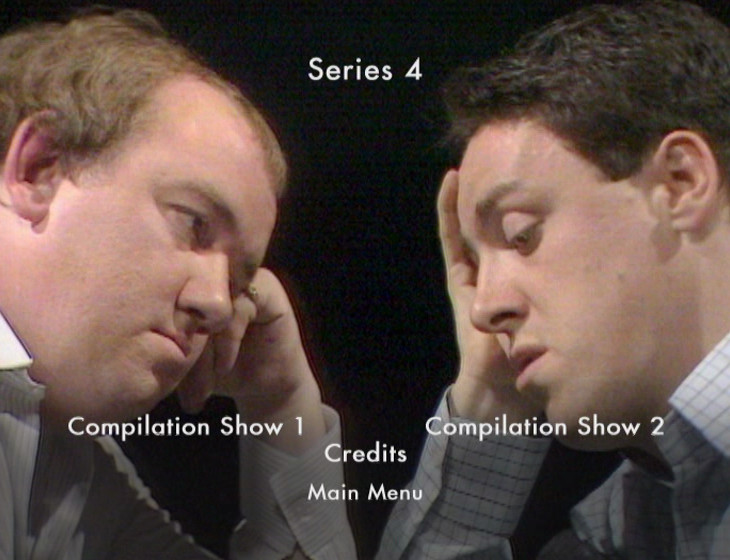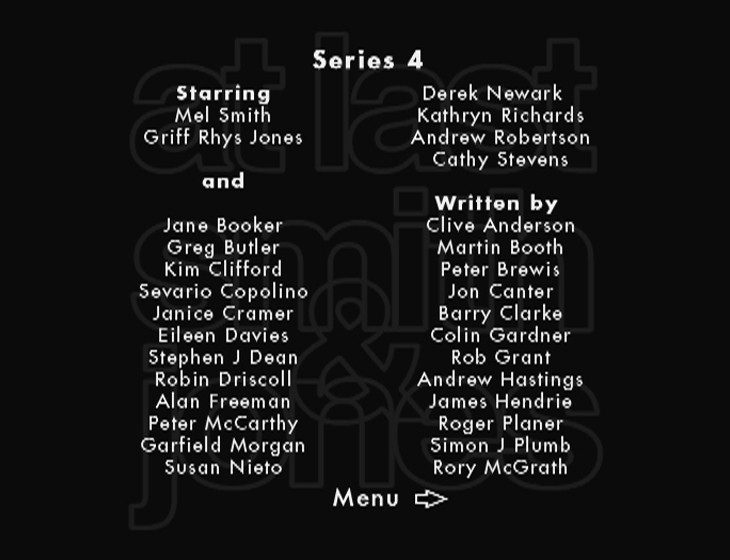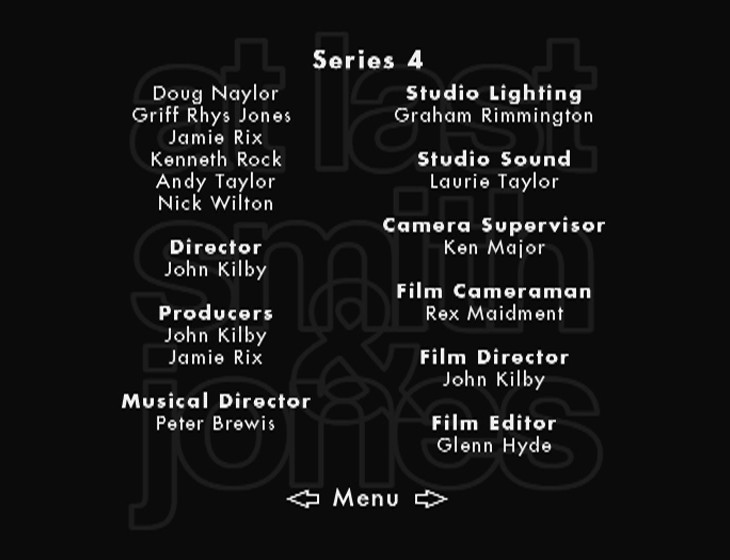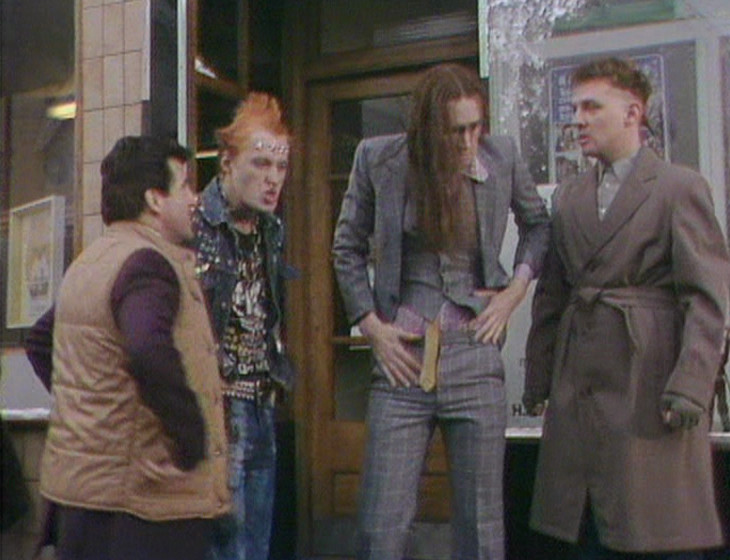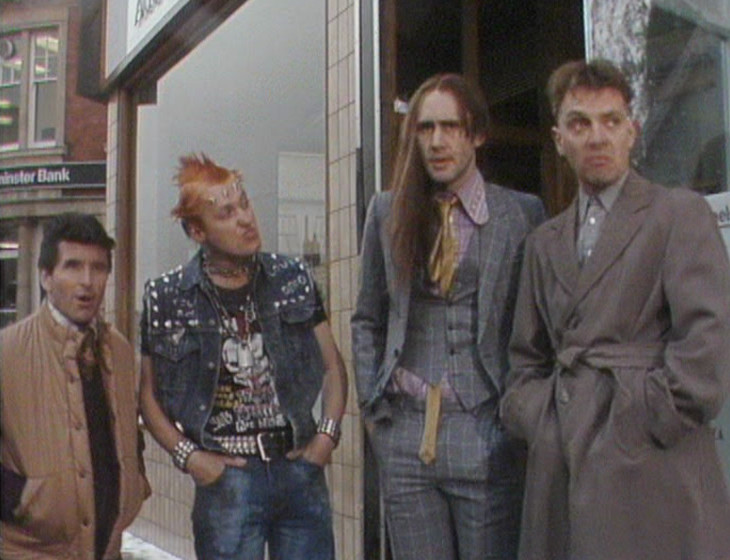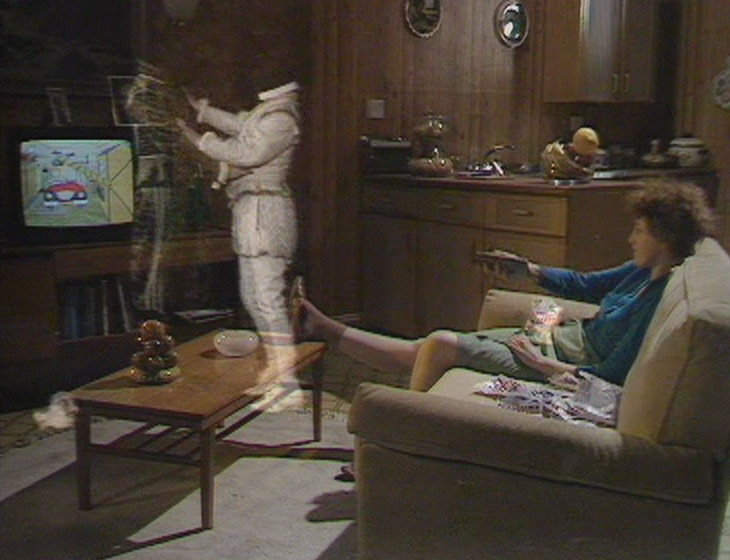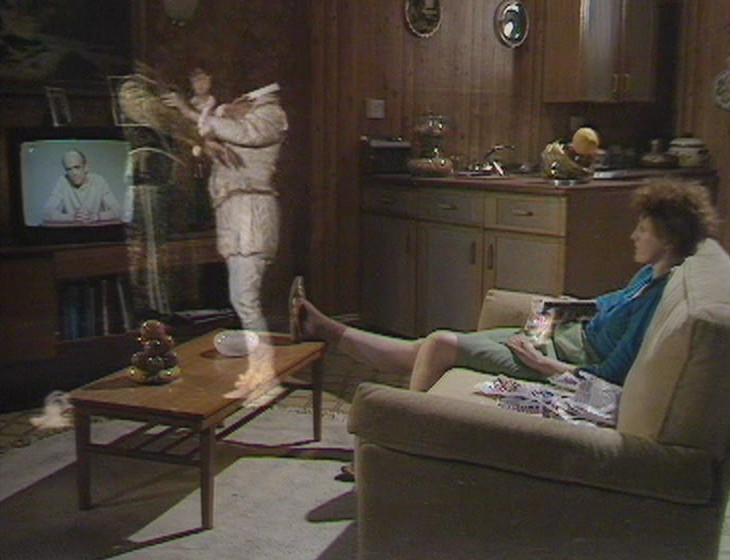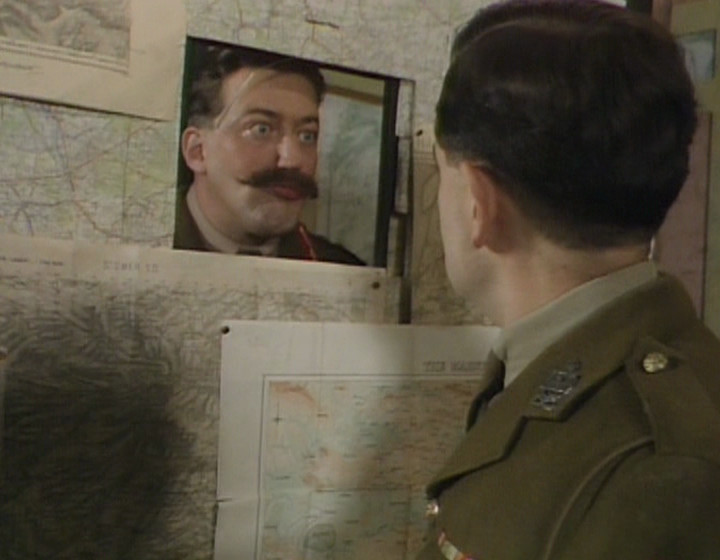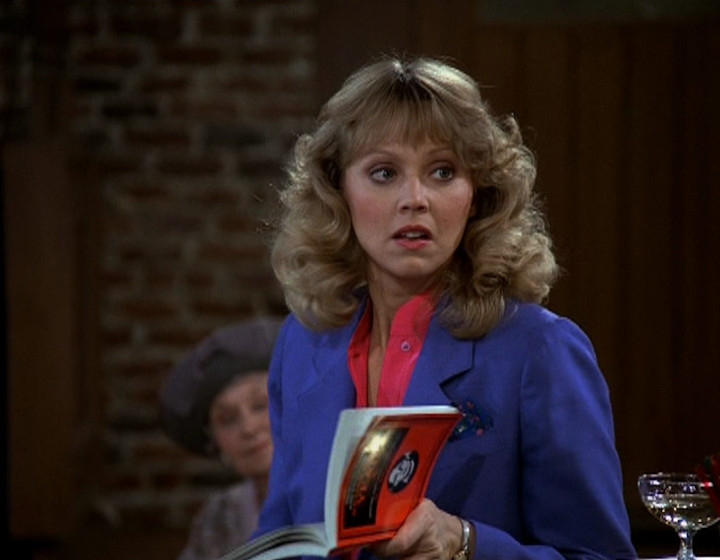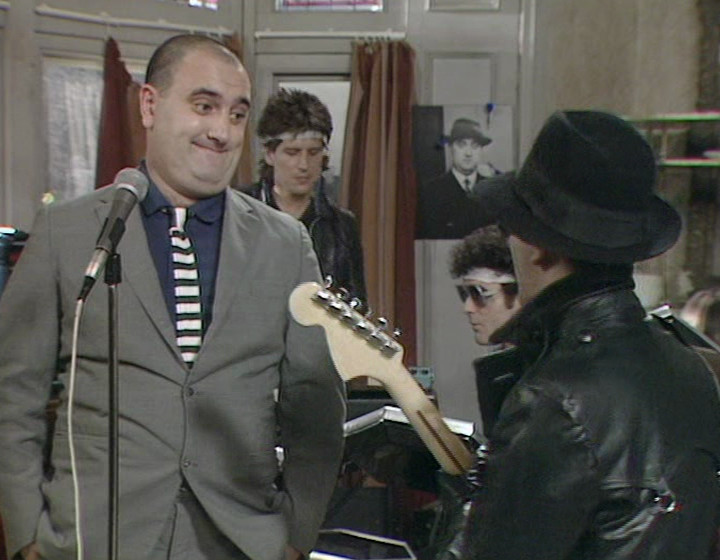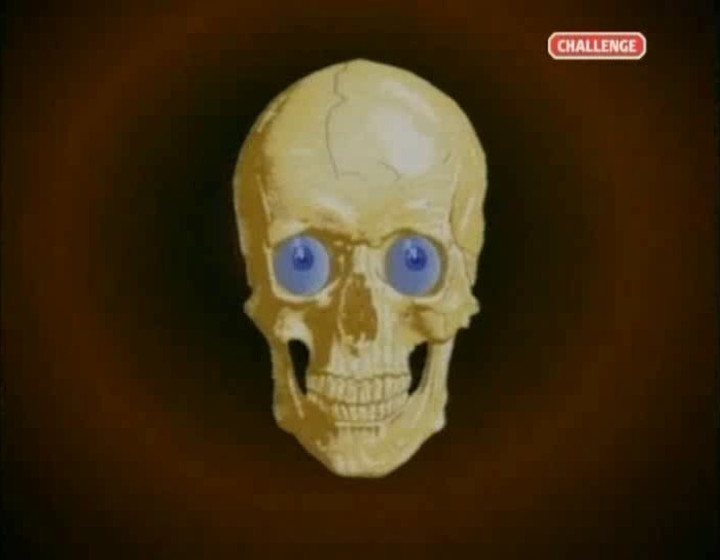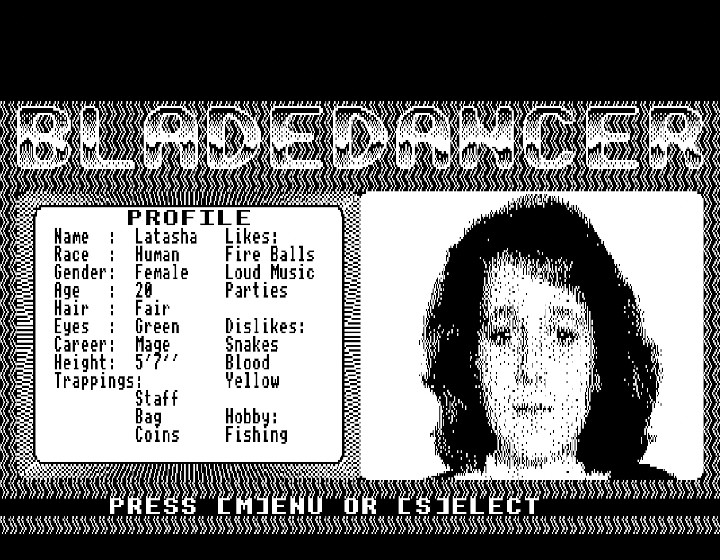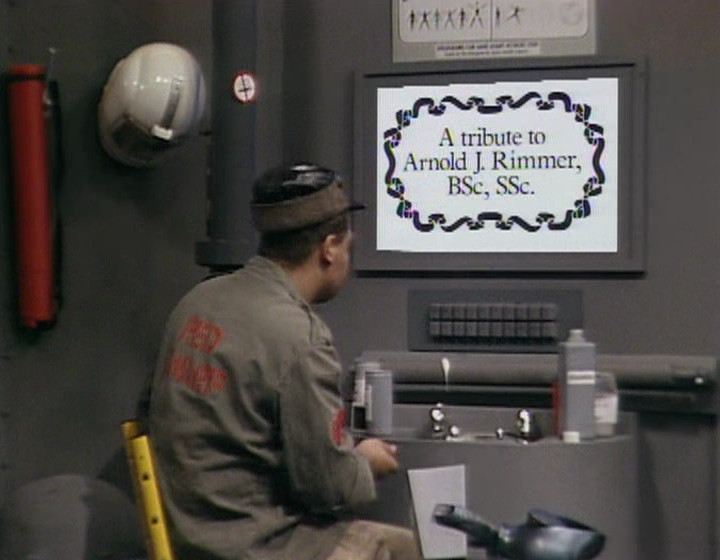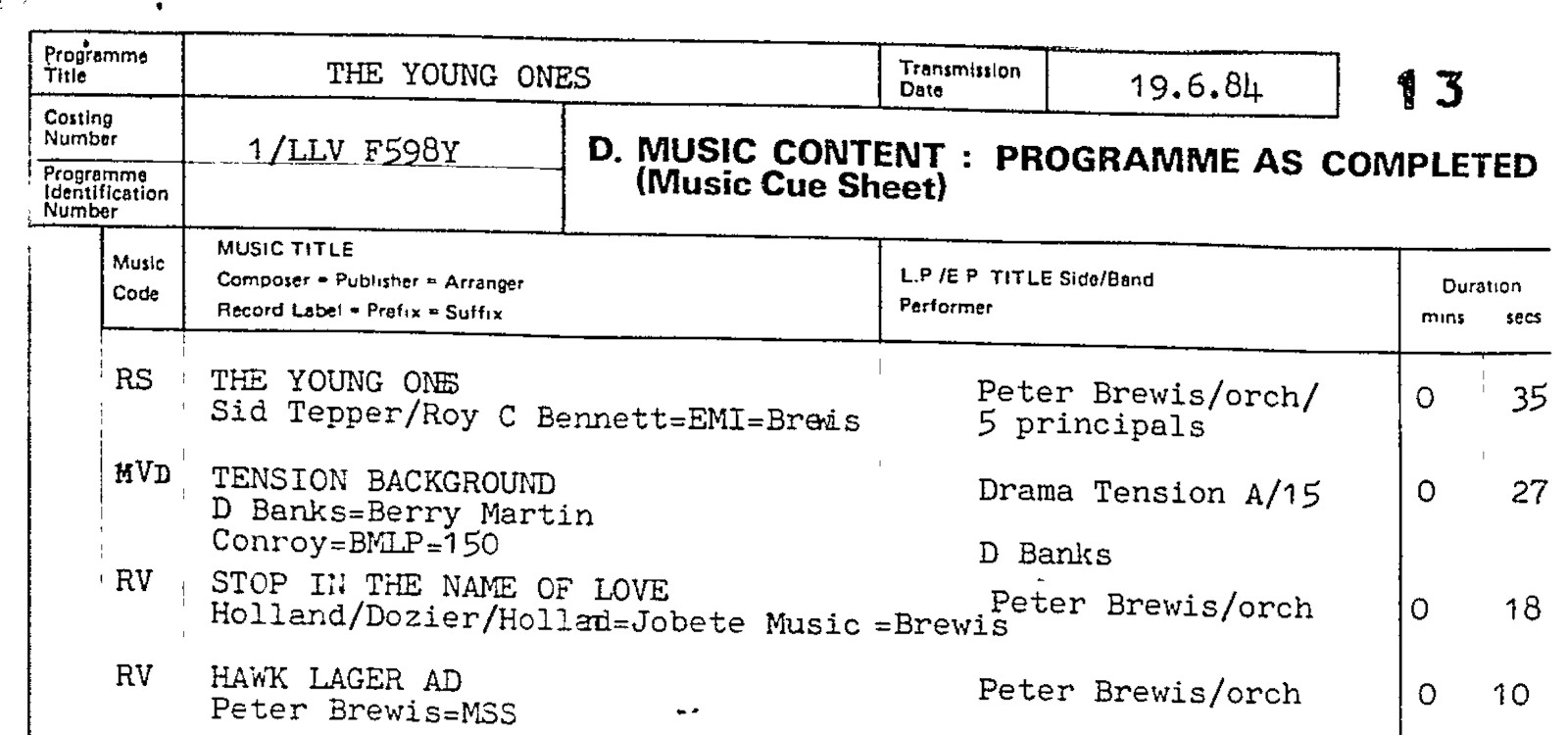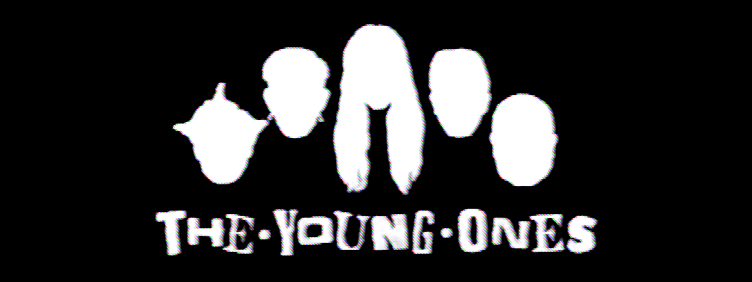2015 • 2016 • 2017 • 2018 • 2019 • 2020 • 2021 • 2022 • 2023 • 2024
Me, Dirty Feed: Best of 2017:
“Look, I can’t pretend the last year has been much fun. It doesn’t even seem to have been much fun for all the various fuckweasels around the world considering their general mood, let alone if you’re the kind of good and decent person who appreciates in-depth articles about sitcom edits.
But that’s no reason why you can’t grab a cup of tea, stick your head in the sand for an hour, and read some of the best stuff I’ve published here over the last 12 months.”
Me, right now: can it be 2017 again, please?
Oh well. This year has been a nightmare, but over here, we’re more concerned about Knightmare. While the world has been howling outside, I managed to find the time to do some fun stuff. In fact, for the first year ever on here, I can pick out something I wrote each month which I actually like.
Let’s get to it. And if you care about the future of this site – and if you’re reading this, I presume that you do – then don’t miss the end for an IMPORTANT ANNOUNCEMENT which is IMPORTANT, and not BORING like you think it is.
* * *
“Two dead, twenty-five to go…”
To start the year off, a little look at how a moment from Fawlty Towers first showed up in another sitcom a full decade earlier. I love tracing the origin of jokes like this, and I don’t think anybody has ever linked this example together before.
A Weekly Look at the World of Science and Technology
A mystery about Series 2 of Look Around You, finally solved after 15 years. This is what happens when my mind just doesn’t let go of something.
An Exceptionally Important Piece of Analysis About Blackadder Goes Forth
1,856 words about set reuse in Blackadder Goes Forth. Loads of people really liked this piece, which I would suggest is what happens when a country enters lockdown and goes a bit loopy.
Here’s to You, Mrs. Littlefield
By far the most popular thing I wrote all year, looking at a cut character from the pilot of Cheers. It even got picked up by The Independent, which is as much a testament to the ongoing popularity of Cheers as anything.
“Feeling Poorly Again, Are You?”
This year, I’ve written a lot about my memories of TV as a kid. This can stand in for all of them; a touching moment between me and my father, about a scene featuring sexual frustration and extreme violence.
The Young Ones Music Guide: Series 1
For years, I’ve wanted to make a soundtrack for The Young Ones, in a similar vein to this one for I’m Alan Partridge. I didn’t manage that this year, but the research for it resulted in this piece: a list of (nearly) every single piece of music used in Series 1 of the show. See also: Series 2.
Condition: Red
Probably the most personal piece I wrote all year, about a terrifying image from my childhood. This article has floated around my head for decades, so I’m pleased to finally get it down. It’s probably my favourite thing I wrote all year. Which is good, because if I’d thought about it for that long and then it sucked, that’d be really annoying.
The Dull Religious Music Programme
Ever wondered how difficult it can be to research obscure parts of TV comedy history? Wonder no more. This is why I don’t write enough; because of rabbit-holes like this.
Rescuing Bladedancer, or: The Fall and Rise of a BBC Micro Enthusiast
A very atypical piece for this site, about how I helped with the preservation of a long lost BBC Micro game from 1992. This is the thing I’ve been involved with this year that I’m proudest of.
Arnold J. Rimmer, BSc, SSc
OK, so I said at the beginning of the year I wasn’t going to do any proper writing about Red Dwarf for a while. I lasted ten months. Could have been worse. This is a good one, though, tracing an important part of the show’s mythology back to its origin.
“Faulty? What’s Wrong with Him?”
A strange tale about a Fawlty Towers misquote, and how it spread across the internet. I love that I managed to figure out 95% of the story… but sadly, not the last 5%. There’s still time to answer my email, Mr. Metro Man. There’s still time.
A Day in the Life of The Young Ones: 6th February 1984
And to round the year off, yet more bollocks about The Young Ones, taking a look at the recording of the episode “Nasty”. This was another of those pieces that I thought might get just four readers, so it was a surprise to me that it ended up one of the most popular pieces I wrote all year. You are all absurd. Thanks.
* * *
And if you’re aching for more, here’s a few other things I wrote this year that I think turned out well: memories of a terrifying film, an unfortunate echo of Paul Daniels, tracing the library music in a classic Trev & Simon sketch, a brand new fact about Father Ted, how Doctor on the Go broke the fourth wall, and failed futures in Red Dwarf.
It seems frankly tasteless to say it, but this year has been a good one for Dirty Feed. Leaving Ganymede & Titan at the start of year gave me more time to work on the site than ever before, and lockdown meant a fair few people have been starved of entertainment. The result: I’ve written more stuff on here than in any other year of the site’s existence, and it’s also been by far the most popular year the site has ever had too.1 As ever, thanks to everyone who has read, liked, and shared my stuff over the past year. I really do appreciate it. Hopefully, I at least managed to take your mind off things for a while.
But with all of that, comes a problem. I love writing things here, but I think it’s obvious that the research for some of these pieces is an absolute bastard. Most of the best stuff on Dirty Feed isn’t tossed off in an afternoon. The danger is that this place becomes a treadmill; that I spend so long researching and writing my usual kind of articles, that I never try anything new again. And much as I enjoy writing ridiculous things about sitcoms, I really am itching to try something new.
Which leads us to the big2 announcement.
From the beginning of 2021, Dirty Feed is going on hiatus, for the first time in the 11 years I’ve been publishing it. How long for, I don’t actually know yet; it depends what happens over the next few months. But for a while, I need to try something different. I’ll be working on a few projects behind-the-scenes, and hopefully some of them will be published here eventually, but don’t expect anything new on the site for quite a while. Those of you waiting for my THRILLING EXPOSÉ about how material from an unbroadcast Grant Naylor radio pilot ended up in an episode of Alas Smith and Jones are going to have to wait for a bit.
Thanks again to everyone who has been nice about the site in the past year, and let’s hope 2021 is better for all of us. For now though…
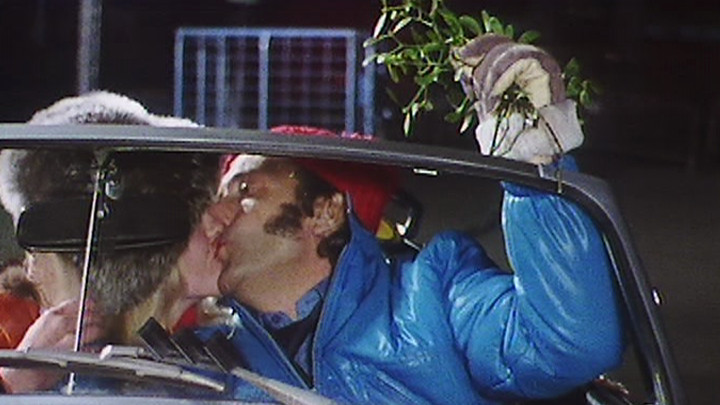
Read more about...
end of year review
